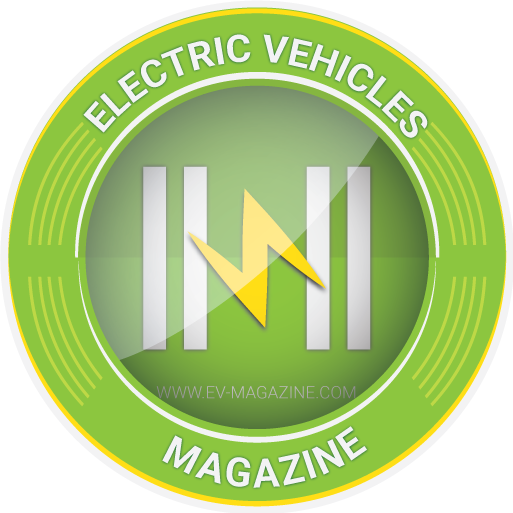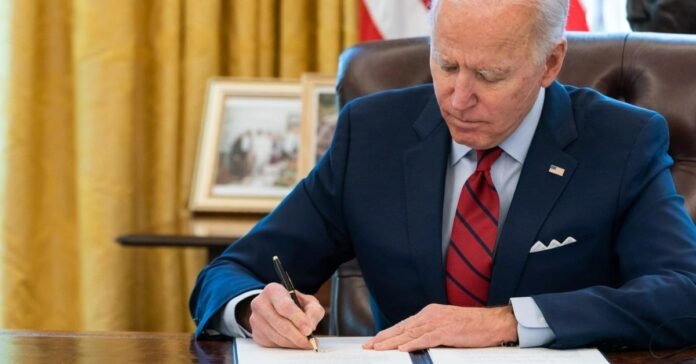


The US government is reportedly set to announce wider tariffs on several categories of Chinese goods, including various green products like solar panels and batteries, medical goods, and in particular an increase of tariffs on Chinese EVs from 25% to 100%.
The rumors were first reported late Thursday that tariffs would be extended after a multi-year review of “section 301 tariffs” that had been implemented under the previous administration.
Then today, Wall Street Journal reported that these tariffs would not just be extended, but expanded, with tariffs on Chinese-made EVs quadrupling from previous levels.
Currently, all cars made in China are subject to a 25% tariff when imported to the US, on top of an additional 2.5% tariff that all foreign-made cars are subject to, totaling 27.5%. This large tariff has had the effect of excluding Chinese autos from the US market, as it’s easier to export to countries with lower tariffs first.
However, given Chinese EVs are incredibly affordable, even a 25% tariff might still result in competitive prices. For this reason, it has been considered inevitable by most observers that eventually Chinese EVs would make their way into being sold in the US.
It seems that Biden has also decided that the 25% tariff wouldn’t be enough to forestall the advance, and has decided to instead quadruple it to 100%, meaning that Chinese EVs will effectively sell for double the price they would otherwise if brought to the US. While this has not been announced yet and the White House has declined to comment, an announcement on the new tariffs is expected on Tuesday.
Tariffs have been called for by several entities in the US (and Europe), as Chinese EV manufacturing has rapidly ramped in recent years.
China was originally somewhat slow to adopt EVs – in 2015, EV market share was just .84%, similar to the US market share of .66% and well below California at 3.1% at the time. But in 2023, US market share had risen to a meager 7.6% and California to just 21.4%, whereas China’s EV market share was a whopping 37%, leapfrogging several other leading countries in the process (and it was just 5% in 2020, so the turn upwards has been very rapid over the last 3 years). It caught foreign manufacturers by surprise, leaving ICE car values plummeting in China as consumers are simply not interested.
Despite the massive swing upwards in Chinese EV interest, EV manufacturing has risen even more rapidly. This has left Chinese automakers with more than enough vehicles for the export market, and they have started exporting so many to Europe that they can’t find enough ships to carry them.
Those EVs haven’t made their way to the US yet, but most think that it’s inevitable that they will soon. But with these increased tariffs, that makes it a little less likely that US consumers will gain access to these cheap, high-tech Chinese EVs.
This isn’t the first move that Biden has made to limit the ability of the Chinese auto industry to operate in the US. The Inflation Reduction Act which updated the US EV tax credit included protectionist measures to disallow Chinese-sourced EVs from taking advantage of the credit. To qualify, EVs must be assembled in America and must have a certain percentage of components sourced in the US or US free trade countries, and can’t include parts from “foreign entities of concern” (though there are some ways around this).
The net effect of the regulation is that batteries sourced from China have a harder time getting access to US tax credits, thus reducing their competitiveness in the US market.
Source link
#Biden #rumored #announce #quadrupling #tariffs #Chinese #EVs








